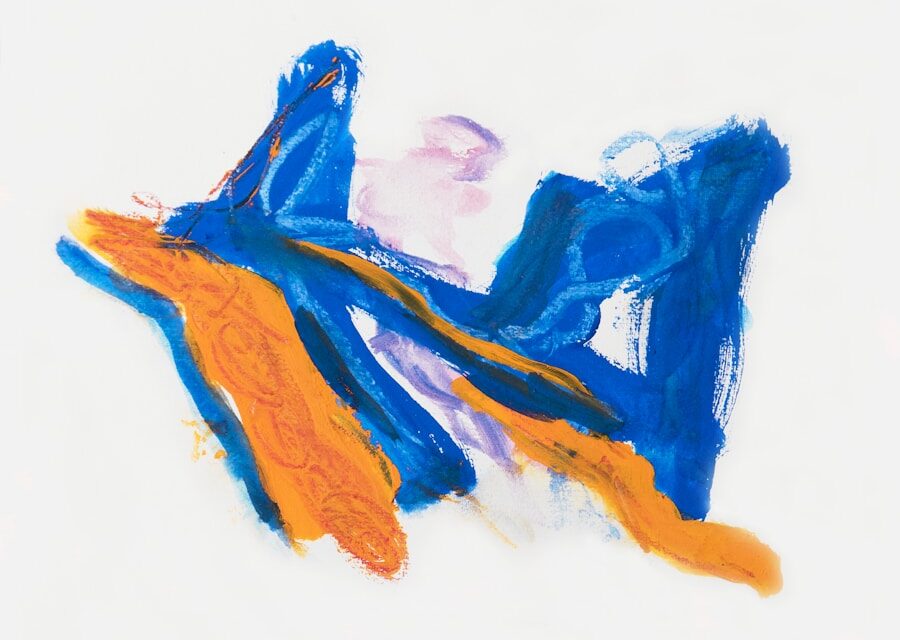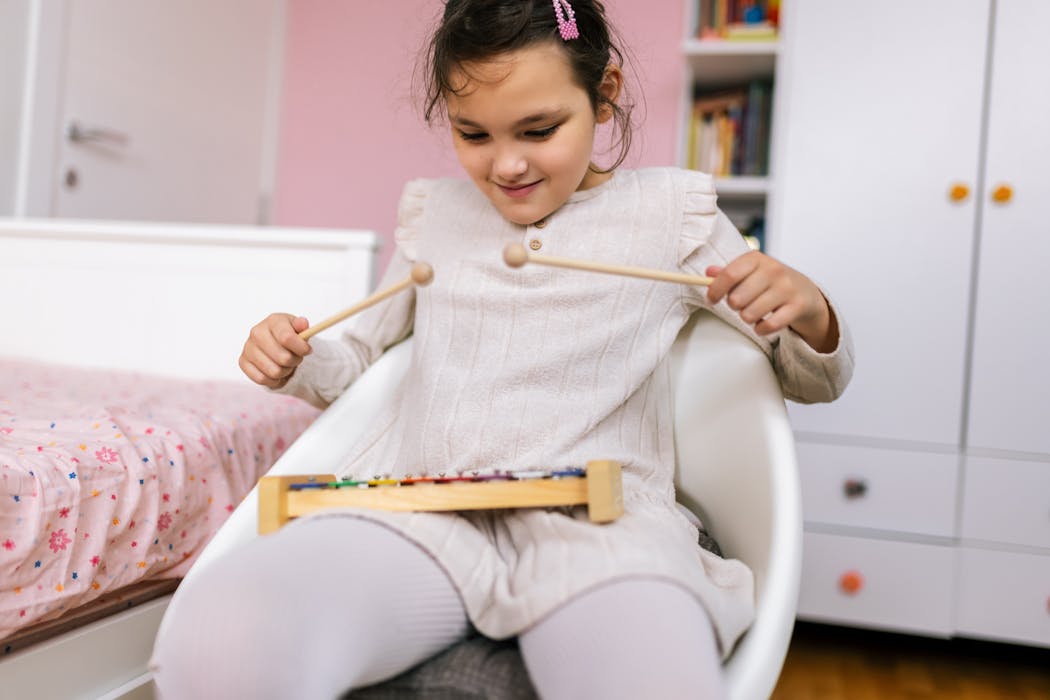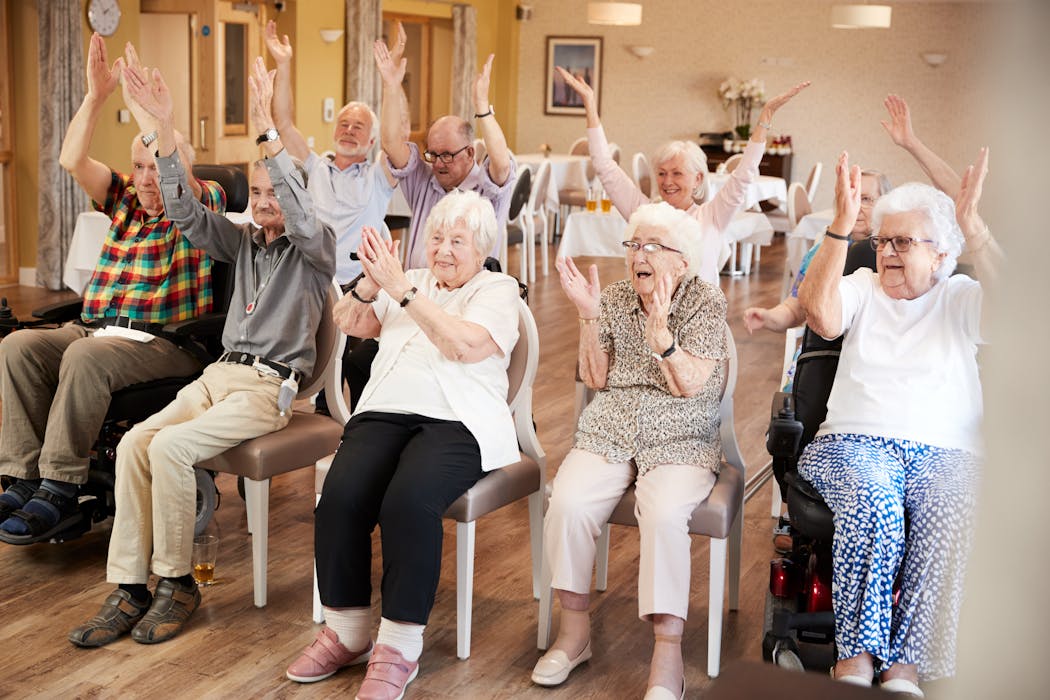Post-traumatic stress disorder (PTSD) is a mental health condition that can develop after a person has been exposed to a traumatic event. This can include experiences such as combat, natural disasters, physical or sexual assault, or other life-threatening events. PTSD can have a significant impact on a person’s emotional health, leading to symptoms such as flashbacks, nightmares, severe anxiety, and uncontrollable thoughts about the event. These symptoms can be debilitating and can interfere with a person’s ability to function in their daily life. Additionally, individuals with PTSD may also experience feelings of guilt, shame, and anger, as well as difficulty concentrating and sleeping. The emotional toll of PTSD can be overwhelming, and it is important for individuals to seek support and treatment to address these symptoms.
Furthermore, PTSD can also have a profound impact on a person’s relationships and overall quality of life. Many individuals with PTSD may struggle to connect with others, experience difficulties in their personal and professional relationships, and may even turn to unhealthy coping mechanisms such as substance abuse. The emotional impact of PTSD can be long-lasting and can significantly affect a person’s overall well-being. It is crucial for individuals with PTSD to seek out effective treatment options to address their emotional health and improve their quality of life.
The Role of Art Therapy in Addressing PTSD Symptoms
Art therapy is a form of expressive therapy that uses the creative process of making art to improve a person’s physical, mental, and emotional well-being. This therapeutic approach can be particularly beneficial for individuals with PTSD, as it provides a non-verbal means of expression and can help individuals process their traumatic experiences in a safe and supportive environment. Art therapy allows individuals to explore their thoughts and emotions through various art forms, such as drawing, painting, sculpting, and collage-making. This creative process can help individuals externalize their internal experiences and gain insight into their emotions, thoughts, and behaviors.
Moreover, art therapy can also provide individuals with a sense of empowerment and control over their experiences. Through the act of creating art, individuals with PTSD can reclaim their agency and find a sense of mastery over their traumatic experiences. This can be particularly empowering for individuals who may feel helpless or out of control due to their PTSD symptoms. Additionally, art therapy can also help individuals develop healthy coping mechanisms and build resilience in the face of their trauma. By engaging in the creative process, individuals can learn to regulate their emotions, reduce stress, and develop new ways of coping with their symptoms.
How Art Therapy Helps to Process Trauma and Emotions
Art therapy provides a unique opportunity for individuals with PTSD to process their trauma and emotions in a safe and supportive environment. The creative process allows individuals to express themselves in ways that may be difficult to articulate verbally. Through the act of creating art, individuals can externalize their internal experiences and gain insight into their emotions, thoughts, and behaviors. This can be particularly beneficial for individuals with PTSD who may struggle to verbalize their feelings or who may feel overwhelmed by their emotions.
Furthermore, art therapy can also help individuals with PTSD gain a sense of control over their traumatic experiences. By engaging in the creative process, individuals can reclaim their agency and find a sense of mastery over their trauma. This can be empowering for individuals who may feel helpless or out of control due to their PTSD symptoms. Additionally, art therapy can also help individuals develop healthy coping mechanisms and build resilience in the face of their trauma. Through the act of creating art, individuals can learn to regulate their emotions, reduce stress, and develop new ways of coping with their symptoms.
The Benefits of Art Therapy for PTSD: A Therapeutic Approach
Art therapy offers a range of benefits for individuals with PTSD, providing a therapeutic approach that addresses the complex emotional impact of trauma. One of the key benefits of art therapy is its ability to provide a non-verbal means of expression for individuals with PTSD. This can be particularly valuable for individuals who may struggle to articulate their feelings or who may feel overwhelmed by their emotions. Through the act of creating art, individuals can externalize their internal experiences and gain insight into their emotions, thoughts, and behaviors.
Moreover, art therapy also offers individuals with PTSD a sense of empowerment and control over their traumatic experiences. By engaging in the creative process, individuals can reclaim their agency and find a sense of mastery over their trauma. This can be particularly empowering for individuals who may feel helpless or out of control due to their PTSD symptoms. Additionally, art therapy can also help individuals develop healthy coping mechanisms and build resilience in the face of their trauma. Through the act of creating art, individuals can learn to regulate their emotions, reduce stress, and develop new ways of coping with their symptoms.
Exploring Different Art Therapy Techniques for PTSD Recovery
Art therapy for PTSD encompasses a variety of techniques that can help individuals process their trauma and emotions. One common technique used in art therapy is visual journaling, which involves creating visual representations of thoughts and feelings in a journal format. This technique allows individuals to explore their emotions through drawing, painting, or collage-making while also providing a written narrative of their experiences. Visual journaling can be a powerful tool for individuals with PTSD to express themselves and gain insight into their emotions.
Another effective art therapy technique for PTSD recovery is the use of guided imagery and visualization exercises. These exercises involve using art materials to create visual representations of positive imagery or safe spaces that can help individuals manage their symptoms and reduce anxiety. By engaging in guided imagery exercises, individuals with PTSD can learn to regulate their emotions and create a sense of safety within themselves.
Additionally, sculpture-making is another valuable art therapy technique for individuals with PTSD. Sculpture-making allows individuals to physically manipulate materials to create three-dimensional representations of their experiences or emotions. This tactile form of expression can be particularly beneficial for individuals who may struggle to express themselves verbally or who may find it difficult to connect with their emotions.
The Importance of Professional Guidance in Art Therapy for PTSD
Professional guidance is essential in art therapy for individuals with PTSD to ensure that they receive the support and guidance they need to effectively process their trauma and emotions. Art therapists are trained professionals who have expertise in using art as a therapeutic tool to address mental health issues such as PTSD. These professionals are skilled in creating a safe and supportive environment for individuals to explore their thoughts and emotions through the creative process.
Furthermore, art therapists are trained to provide individualized treatment plans that are tailored to each person’s unique needs and experiences. This personalized approach allows individuals with PTSD to receive targeted support that addresses their specific symptoms and challenges. Additionally, art therapists are also equipped to provide ongoing support and guidance throughout the art therapy process, helping individuals navigate their emotional experiences and develop healthy coping mechanisms.
Moreover, professional guidance is crucial in ensuring that art therapy is conducted in an ethical and responsible manner. Art therapists are trained to recognize signs of distress or discomfort in their clients and are equipped to provide appropriate interventions when necessary. This ensures that individuals with PTSD receive the support they need to engage in the art therapy process safely and effectively.
Integrating Art Therapy into a Comprehensive PTSD Treatment Plan
Integrating art therapy into a comprehensive treatment plan for PTSD can provide individuals with a holistic approach to addressing their symptoms and improving their emotional well-being. Art therapy can complement other evidence-based treatments for PTSD such as cognitive-behavioral therapy (CBT) or medication management by providing an additional avenue for emotional expression and processing.
Furthermore, integrating art therapy into a comprehensive treatment plan for PTSD can also help individuals develop new coping skills and build resilience in the face of their trauma. By engaging in the creative process, individuals can learn to regulate their emotions, reduce stress, and develop healthy ways of coping with their symptoms.
Additionally, integrating art therapy into a comprehensive treatment plan for PTSD can also provide individuals with a sense of empowerment and agency over their experiences. By engaging in the creative process, individuals can reclaim control over their trauma and find a sense of mastery over their emotions.
In conclusion, art therapy offers a valuable therapeutic approach for individuals with PTSD by providing a non-verbal means of expression, empowering individuals to process trauma and emotions, offering a range of techniques for recovery, providing professional guidance, and integrating into comprehensive treatment plans. By engaging in the creative process through art therapy, individuals with PTSD can gain insight into their emotions, develop healthy coping mechanisms, and find empowerment in the face of their trauma. It is important for individuals with PTSD to seek out effective treatment options such as art therapy to address the emotional toll of their condition and improve their overall well-being.
Find out how Torongo Therapyplus can help you with your needs. Get in touch with us at smile@torongo.life, or call us on 02 8809 9965.































